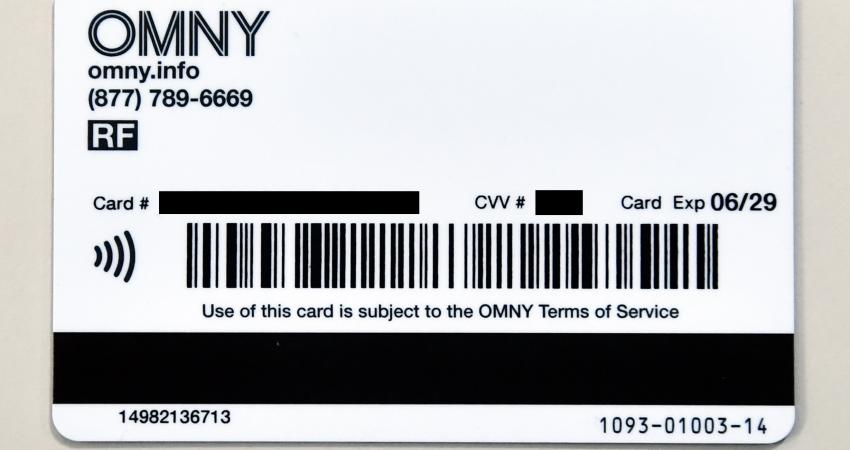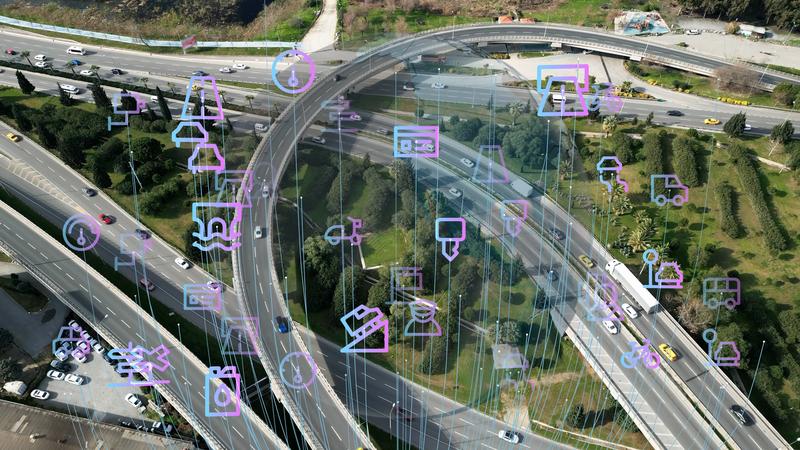ATG Access surveyed 1,000 UK participants and found that just 24% of people in this category believe the concept would improve overall safety.
Smart Cities: Turning the dream into a reality says educating the public on how smart cities can help solve challenges on traffic congestion will be key to solving consumer reservations.
Of the 32% of people who are aware of smart cities, nearly three-quarters believe the technology would improve issues such as congestion.
Nearly a quarter of people who know about the smart city concept are happy for a portion of their tax contribution to go toward installing smart solutions. This willingness increased to 57% for measures which affect transport infrastructure.
Consumer safety is a top priority, as 25% of people say they want smart barrier solutions installed to zone off affected areas where an incident has taken place. In the event of a terrorist attack, more than six out of 10 people would like to see improvements to local road systems to allow the emergency services to reach their incident faster.
Other findings showed that traditional methods of easing traffic flow scored lowest among consumers as only 37% of respondents want to see more parking restrictions on busy roads. Four out of 10 want dedicated cycling and bus lanes during busy times.
Majority of people ‘unaware of smart cities’, says ATG Access
More than two-thirds of people do not know what a smart city is - and around a quarter find the concept worrying due to lack of available information, says a new study.
ATG Access surveyed 1,000 UK participants and found that just 24% of people in this category believe the concept would improve overall safety.
Smart Cities: Turning the dream into a reality says educating the public on how smart cities can help solve challenges on traffic congestion will be key to solving consumer reservations.
Of
More than two-thirds of people do not know what a smart city is - and around a quarter find the concept worrying due to lack of available information, says a new %$Linker: 2 External <?xml version="1.0" encoding="utf-16"?><dictionary /> 0 0 0 link-external study false https://www.atgaccess.com/wp-content/uploads/2018/11/ATG_SmartCitiesNov18.pdf false false %>.






